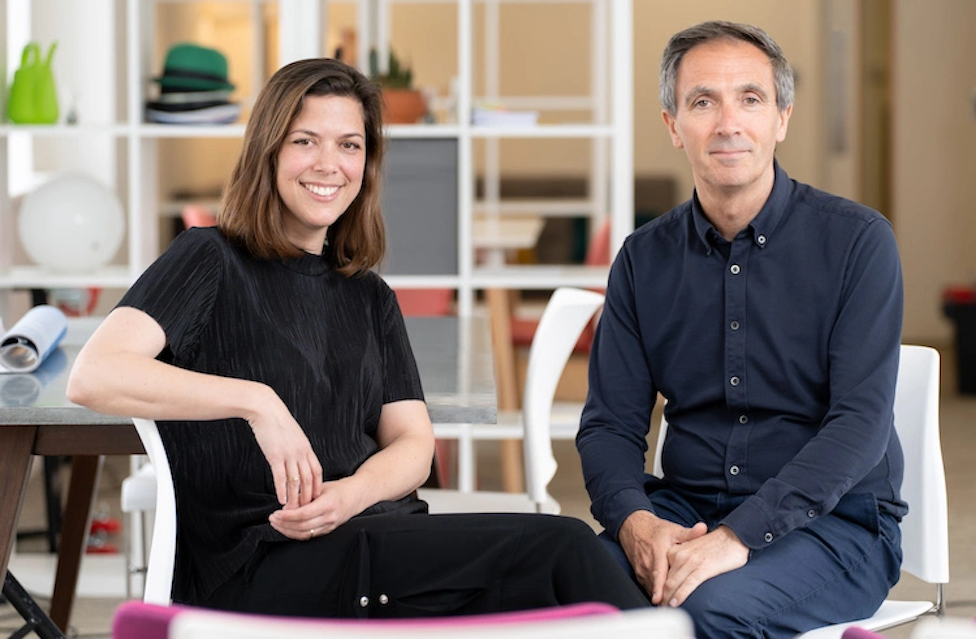In a world where social issues demand both creativity and a determined entrepreneurial spirit, Ella Goldner, co-founder of Zinc, is forging a path to make a meaningful difference. Alongside her co-founder, Ella has created an innovative platform for entrepreneurs who aspire to combine their passion for change with the pursuit of commercial success.
Here, we chat about what prompted her to co-found Zinc and how it’s changing the ecosystem for the better.
Ella's journey with Zinc began in 2017 when she co-founded the company in response to a clear gap in the market. "We were attempting to do a couple of things," she explains. "On the one hand, we were trying to see how we can harness or mobilise people who were both passionate about making the change, as well as being driven to find a destination for them." Identifying the lack of a clear pathway for the coexistence of impact and commercial success Ella, her co-founder – Zinc CEO Paul Kirby – and their team set out to create a unique ecosystem that would bring together diverse talent, capital, and knowledge.
Zinc's mission also extends to the social and behavioural sciences, disciplines it recognised as lacking a clear pathway for innovation and impact. "Back in 2017, while there was a very clear innovation pathway for medical science... this didn’t stretch to social and behavioural sciences," Ella recalls.
The growth of Zinc since its inception demonstrates the evolution of the business model and the changing ecosystem. Ella recalls that "when we started, we had just a hypothesis. What has evolved since is the business model behind it capable of generating an institutional fund”.
The ecosystem has also matured, with more active investors now seeking out companies committed to making a difference. "The ‘venture builder’ model is more mature now," Ella acknowledges, adding that "people are normalising the idea of entrepreneurship as a career choice, and that's good for all of us—the pie is growing." Zinc itself has grown and developed, expanding its operational capabilities and allowing its team to specialise in areas such as venture building and talent management.
When it comes to investing in new ventures, Zinc looks for founders who are passionate about a specific mission and driven by commercial success. Ella notes that they seek "people who can demonstrate the capabilities and the skills needed to grow a business." This can be evidenced through experience in a large corporation, charity work, or even side projects they've initiated. It's crucial for Zinc to understand why the timing is right for these founders, as well as for the founders themselves to grasp this critical factor.
Assessing potential investments, Ella emphasises the importance of a theory of change. "We do want to see that it's on a mission and understand why they believe they're going to be making the impact they're claiming to be able to make," she says. At the pre-seed stage, Zinc examines the founders' fit with the market they're targeting, the commercial opportunity they're pursuing, and whether they're the right team to solve the problem at hand. They also look for evidence of traction and productivity, ensuring the founders can effectively deliver on their goals.
Ella also highlights the UK's potential as an attractive destination for entrepreneurs and investors, despite the current branding issues exacerbated by the impact of Brexit. She says, despite this "the UK is renowned for its climate tech innovation, and there is tremendous opportunity to develop successful businesses here. Zinc and other mission-driven ventures bolster the UK's reputation as a hub for innovative businesses that prioritise impact.”







